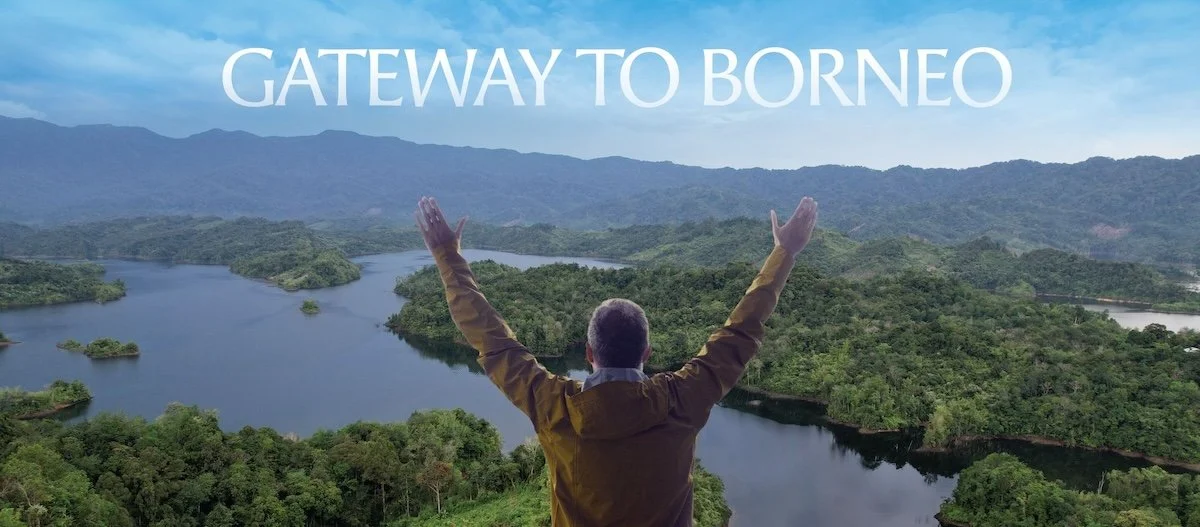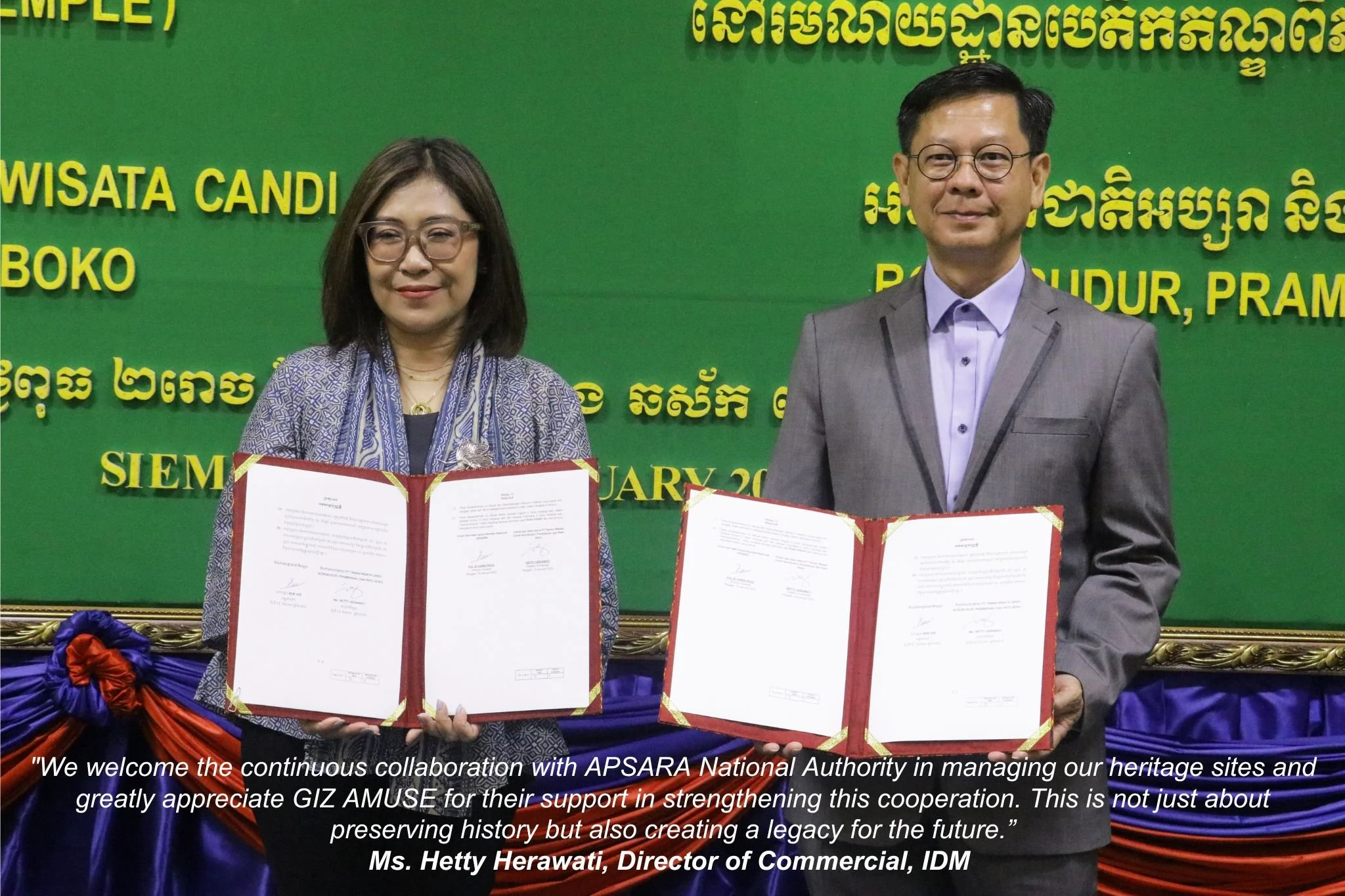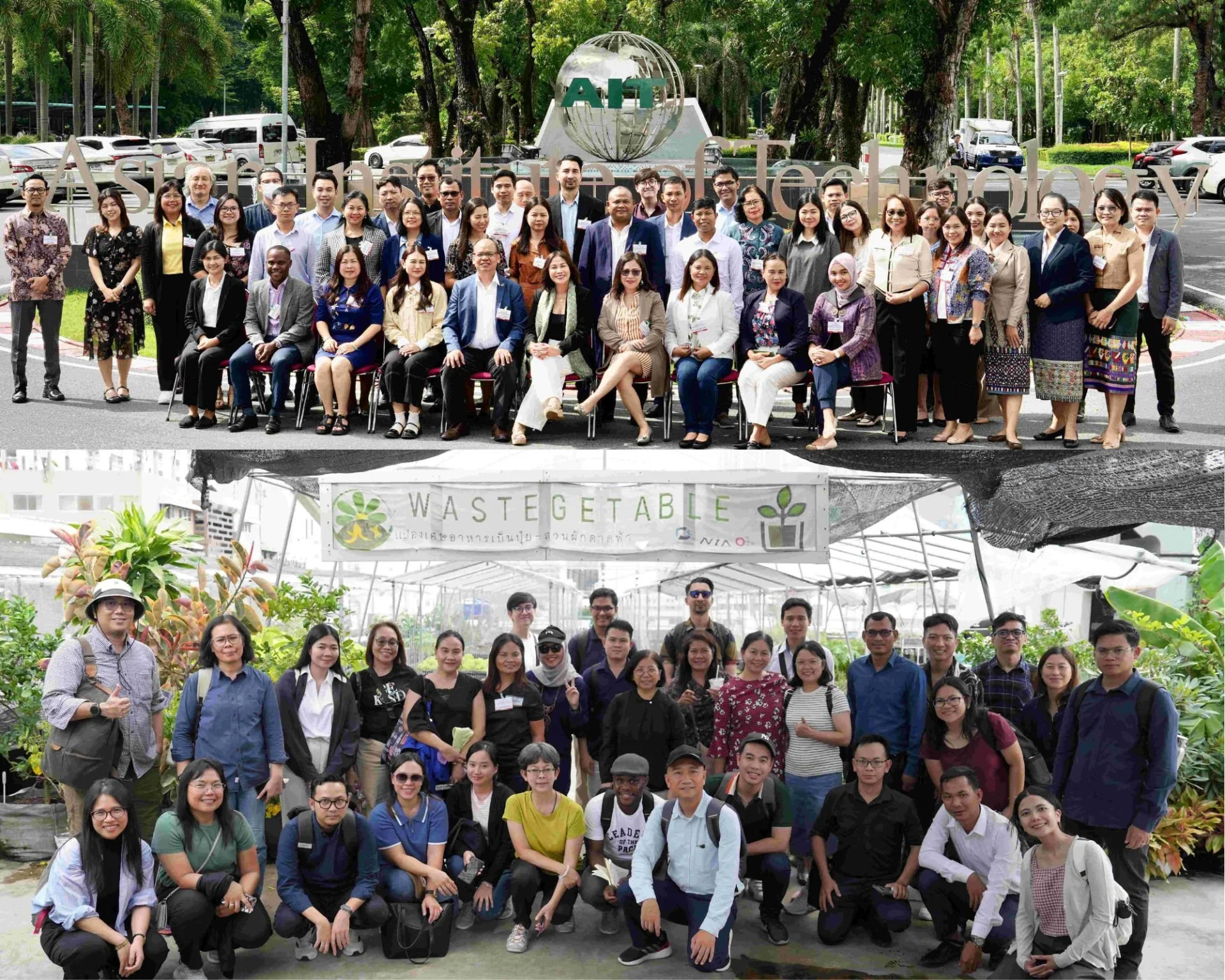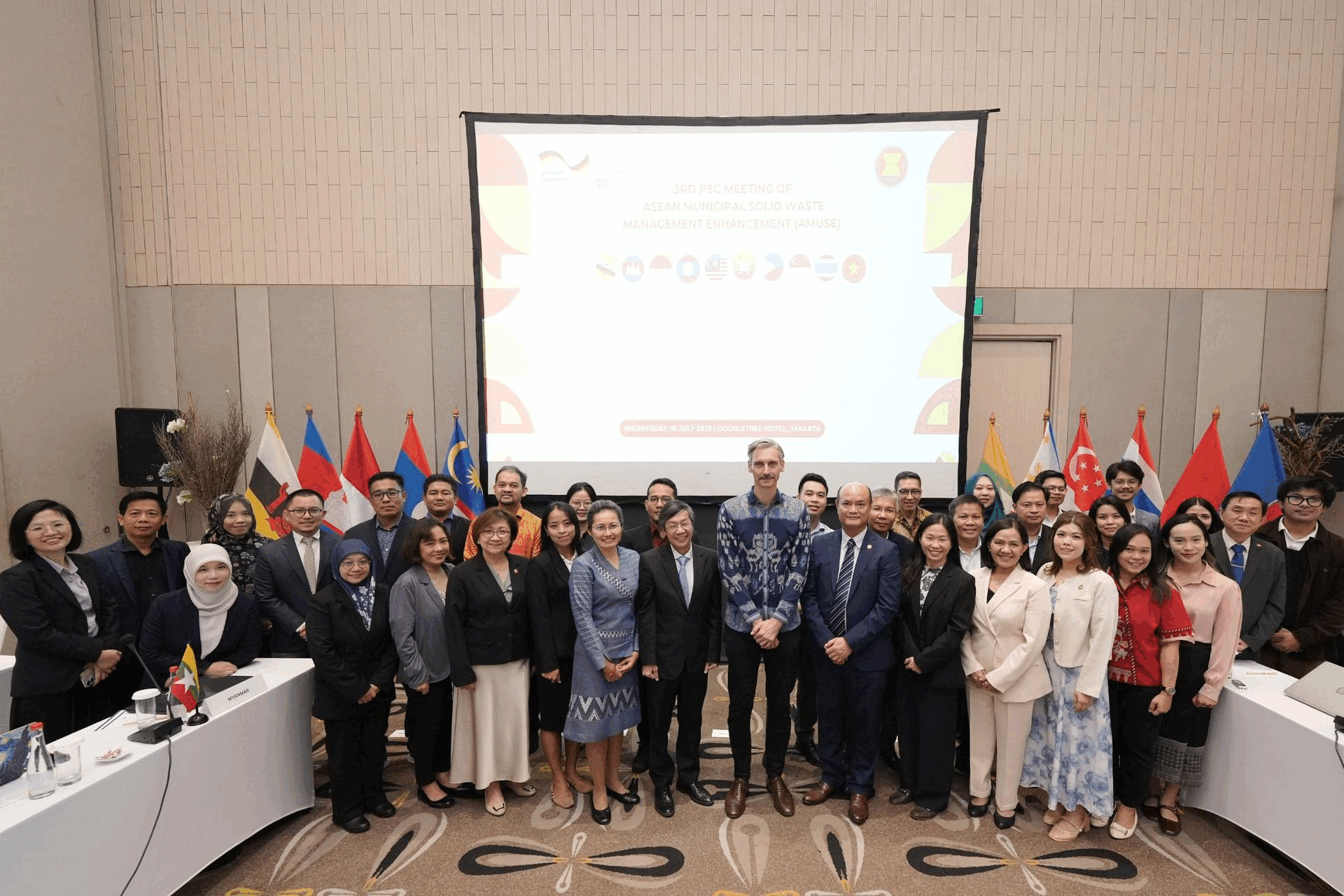Tourism and Sustainable Transformation - Governance
For the official World Tourism Day 2025 campaign details, please visit the official website.
As part of the World Tourism Day 2025 celebrations, PATA has been exploring the theme “Tourism and Sustainable Transformation” through a four-part blog series, highlighting how destinations and organisations across the globe are reimagining tourism for a better future.
Having examined the roles of Education, Innovation, and Climate Action in driving transformation, we now turn to the fourth and final pillar: Governance — the foundation that ensures sustainable progress is fair, accountable, and enduring.
Governance
Governance provides the structure that turns vision into lasting change. It is achieved by addressing challenges, celebrating achievements, and implementing collaborative strategies that unite governments, businesses, and communities toward shared sustainability goals.
Through transparent leadership, effective policies, and collective action, governance creates the conditions where transformation can thrive — balancing growth with responsibility and ensuring benefits for both people and the planet.
A leading example of governance in action can be found in the Sarawak Tourism Board, where structured leadership, inclusive development, and community empowerment come together to shape a sustainable tourism future.
Sarawak Tourism Board “Balanced, Inclusive Growth through Governance”
Sharzede Datu Haji Salleh Askor, CEO, highlights that as the largest state in Malaysia, situated on Borneo — the world’s third-largest island — governance in Sarawak means making sure growth is balanced with inclusivity, so that rural communities are not sidelined in our tourism development.
Post-COVID, the organisation took the opportunity to reset, reframe, and reposition the destination with the “Gateway to Borneo” campaign, focusing strongly on community-based tourism and being the custodian of their beautiful nature and their assets– culture, adventure, nature, food, and festival.
To ensure that the community is empowered and equipped with the capability to engage globally and promote and market themselves, they developed their EDGE strategy, where they elevate their community, diversify their market, focus on the growth of their market, and, without a doubt, empower their community.
In Sarawak, they are proud to empower their youths, their future leaders, such as through the Rainforest Youth Summit (RAYS) event, where the youths’ voices are amplified through the Government’s and their initiatives.
Looking ahead, their strategy is to continue to improve their resilience, preparing stakeholders to face global uncertainties through technology and international collaborations for building knowledge and practical skills.
Across this series,
many key organisations across the Asia Pacific that excel within the four crucial pillars of sustainable transformation — Education, Innovation, Climate Action, and Governance — have been spotlighted. But what can we expect to see when these four pillars influence and amplify each other? It is through this synergy that sustainable transformation truly thrives. Take a closer look at EarthCheck and GIZ, two organisations that successfully bridge multiple approaches for significant change.
EarthCheck “Governance as Structure, Education as Tools”
Dr Natasha Montesalvo, Principal Consultant – Destinations, Strategy & Insights, explains that EarthCheck helps destinations transform by embedding strong governance frameworks and investing in education that empowers action. These two areas are fundamental to driving elastic, science-based change to businesses and destinations alike.
Governance is at the heart of their destination certification programme, which has a structured governance framework that integrates sustainability into decision-making across all departments. Certification requires year-on-year improvement, which ensures that their improvements don’t just achieve benchmarks, but they continue to build resilience, reduce emissions, and support community well-being. (Read Moreton Bay, Australia’s holistic approach to attaining Sustainable Destinations Silver Certification >)
For advanced destinations, governance is about ensuring alignment across complex systems, while setting new benchmarks that others can follow. As destinations mature in their sustainability journey, governance also evolves. It moves beyond just establishing a framework to embedding sustainability into every policy, to investment and to innovation decisions. (Read how Copenhagen is taking destination sustainability to another level >)
Education creates a shared language and understanding to empower stakeholders at all levels to know the role that they play in sustainable transformation. Investing in education and capacity building scales local improvements to international leadership. Destinations will not only meet global climate sustainability targets, but also inspire others along the way.
Together, they create a culture of accountability and progress, where transformation is possible at every stage.
EarthCheck Sustainable Destination Certification Levels
GIZ “ASEAN Municipal Solid Waste Management Enhancement Project (AMUSE)”
As Phong Giang, Advisor for ASEAN Regional Project, pointed out, AMUSE works with their partners at the regional, national, and municipal levels to enhance their capacities and enable them to apply more sustainable and circular economy-oriented tourism. Amuse conduct direct consultancy at the regional level, where they connect and support the exchange of stakeholders, and they organise cross-sectoral dialogues where those stakeholders can exchange their experiences and learn from each other's needs. Amuse’s job is to improve the cooperation between the public and private sectors, and also between the tourism and waste management sectors.
They also work extensively with tourism associations to facilitate the cooperation between the management organisations, for example, APSARA in Siem Reap, which manages the Angkor National Park and IDM in Chokchakata, Indonesia, which manages the Borobudur National Park. They facilitated the exchange between those associations in the area of sustainable tourism and waste management through organising site visits for peer-to-peer learning between those organisations and their stakeholders, and the signing of MOUs. (AMUSE Factsheet >)
They educate on topics relevant to waste management and sustainable tourism, such as the reduction of single-use plastic, food waste, awareness raising and behaviour change, and, of course, enhancing private sector engagement and applying the ASEAN standards for tourism.
In AMUSE’s focus countries, they have pilot sites where they are applying this framework at a very practical level with very tangible results. In the Angkor National Park, they have implemented awareness-raising campaigns about the reduction of single-use plastic.
This was then supported by a very concrete initiative to replace single-use plastic bottles with water dispensers that have been installed at several places in the area. In other destinations, like Dalat, Vietnam, they have been working with women's groups to help improve waste management, specifically gender sensitive waste management, and food waste. These then led to the improvement of cleanliness in the city area, ultimately to the increased tourism satisfaction. ” (Learn more about how AMUSE supports small and medium-sized cities to improve environmental quality by optimising waste systems >)
MOU Signing between APSARA National Authority and InJourney Destination Management (IDM) on "Sustainable and Environmental Tourism Management at UNESCO World Heritage Sites"
Training Workshop on Waste Management in ASEAN Cities
The 3rd Project Steering Committee Meeting of the AMUSE Project in Jakarta, with representatives from all 10 ASEAN Member States, the ASEAN Secretariat, the German Embassy, and GIZ.
As we conclude this Tourism and Sustainable Transformation article series, the central message remains clear: when the four foundational pillars work in concert, tourism evolves into a powerful force for good. Together, Education creates awareness, Innovation provides inventive solutions, Climate Action protects our natural assets, and Governance ensures fair and transparent accountability.
However, the true effort and hard work to integrate these pillars into daily operations or projects lies in the determination of destinations and businesses to support lasting change for our world, one pillar at a time
This article is part four of the PATA blog series celebrating World Tourism Day 2025, which was under the theme “Tourism and Sustainable Transformation”. Across the four articles, PATA delves into the four pillars of sustainable transformation. Check out more of our series: Education, Innovation, and Climate Action








